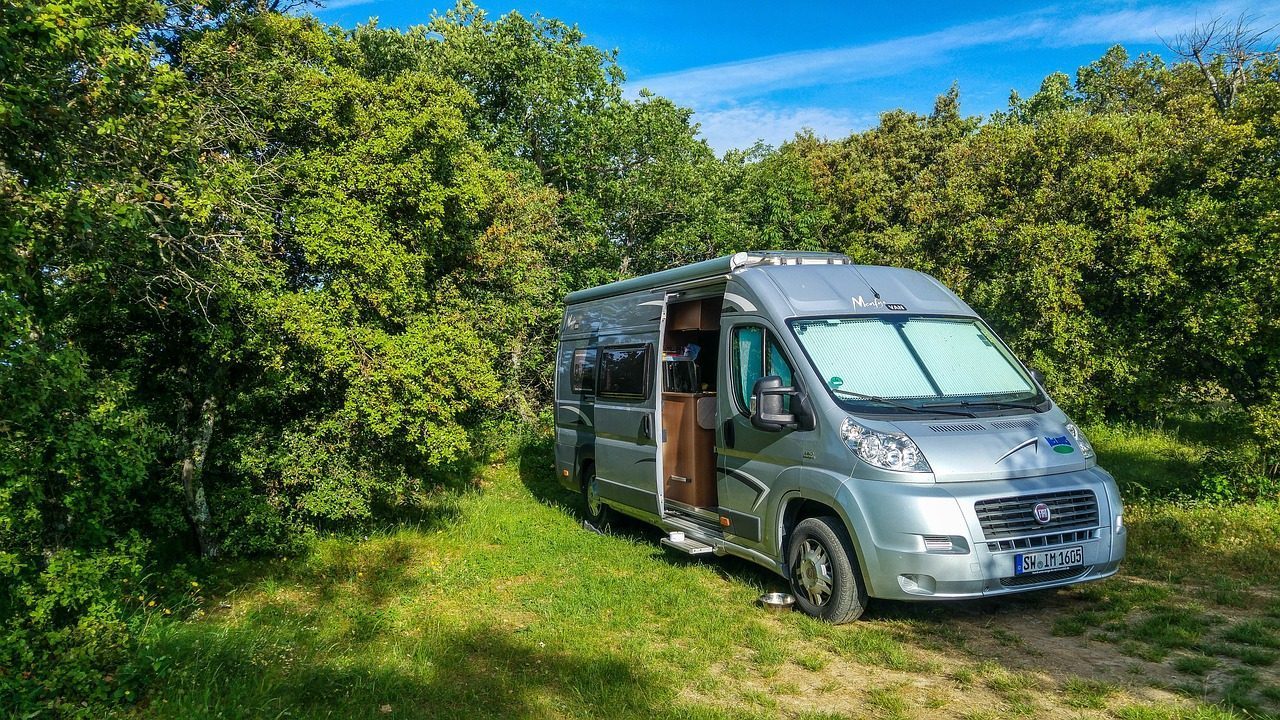Van life has surged in popularity over recent years, capturing the imagination of adventurers and those seeking a minimalist lifestyle. The idea of living in a van permanently raises numerous questions about practicality, legality, comfort, and sustainability. This guide delves into these aspects to provide a clear picture of what van life entails, helping you decide if this lifestyle is right for you.
Understanding Van Life
Van life, often romanticised on social media, involves converting a van into a liveable space. This lifestyle appeals to those who value freedom, mobility, and simplicity. It allows you to travel at will, reduce living expenses, and live more sustainably. However, the transition to permanent van living requires careful consideration and planning.
Practicality and Comfort
Space Management
One of the primary challenges of van life is space. Vans are compact, necessitating efficient use of every inch. Essential elements include:
- Sleeping Area: A comfortable bed that can double as a seating area.
- Kitchenette: Basic cooking facilities like a portable stove, mini-fridge, and storage for utensils and food.
- Storage: Creative solutions for storing clothes, tools, and personal items, such as overhead cabinets and under-bed compartments.
- Sanitation: A portable toilet or access to public facilities, and possibly a small sink or portable shower.
Climate Control
Living in a van means contending with varying weather conditions. Insulation, proper ventilation, and heating systems are crucial for comfort. Insulating the van helps maintain a stable temperature, while roof vents and fans ensure proper air circulation. For colder climates, a portable heater or a wood stove can be a lifesaver.
Legal Considerations
Parking and Residency
The legality of living in a van permanently varies by location. In some places, it’s perfectly legal, while in others, it might be restricted. Key considerations include:
- Overnight Parking: Many cities have regulations against overnight parking in public spaces. Research local laws and seek out van-friendly locations, such as designated camping areas or private property with permission.
- Residency: Establishing a permanent address is necessary for receiving mail, voting, and other administrative purposes. Some van dwellers use a family member’s address, a P.O. Box, or services that offer a legal address for mail forwarding.
Financial Aspects
Costs and Savings
Living in a van can be significantly cheaper than maintaining a traditional home. Key financial benefits include:
- Reduced Rent and Utilities: The absence of rent and reduced utility bills can save a substantial amount of money.
- Lower Living Expenses: Minimalist living naturally curtails expenses related to consumerism and home maintenance.
However, initial conversion costs can be high, especially if you’re aiming for a well-equipped and comfortable setup. Consider costs for:
- Van Purchase: Prices vary widely based on the model and condition.
- Conversion: Professional conversions can be expensive, but DIY projects can cut costs significantly.
- Maintenance: Regular maintenance of the vehicle is crucial to avoid breakdowns and ensure safety.
Sustainability
Eco-Friendly Living
Van life aligns well with sustainable living practices. Key aspects include:
- Reduced Consumption: Limited space discourages excessive consumption and waste.
- Renewable Energy: Many van dwellers use solar panels to power their electronics, reducing reliance on non-renewable energy sources.
- Minimalist Lifestyle: Embracing minimalism leads to a smaller carbon footprint and more intentional living.
Community and Social Life
Staying Connected
One common concern about van life is social isolation. However, the van life community is robust and supportive. Engaging with other van dwellers through social media, meetups, and events can provide a sense of belonging and community. Additionally, maintaining connections with friends and family through digital means and regular visits helps mitigate feelings of loneliness.
Personal Reflection
Before committing to van life, reflect on your motivations and lifestyle preferences. Consider conducting a trial period, such as a long road trip, to test the waters. This experience can provide valuable insights into whether van life suits you.
Living in a van permanently is a viable option for those seeking adventure, simplicity, and a lower cost of living. While it presents unique challenges, careful planning and a willingness to adapt can make van life a fulfilling and sustainable lifestyle. By understanding the practical, legal, financial, and social aspects, you can make an informed decision about whether this alternative way of living aligns with your personal goals and values.
